
Redwood Materials, the battery recycling firm headed by Tesla alum JB Straubel, has received conditional commitment for a $2-billion loan from the DOE’s Loan Program Office as part of the Advanced Technology Vehicles Manufacturing Loan Program (ATVM). Redwood will draw upon this financing in tranches to support the phased construction and expansion of its battery materials campus.
As Redwood explains, the two most essential components in a battery are the anode and cathode. The cathode contains lithium, nickel and cobalt, and the anode contains copper and graphite. These components, which account for nearly 80% of the materials cost of a lithium-ion battery, are currently manufactured entirely overseas, predominantly in Asia.
Redwood is committed to manufacturing anode and cathode components in the US, and producing them from an increasing amount of recycled content. In January, the company began producing anode copper foil at its Northern Nevada facility. Phase One of copper foil production is now complete, and Redwood expects to begin cathode qualification later this year.
Panasonic will be the first of several partners to source Redwood’s copper foil, which it will use for cell production at Tesla’s Nevada Gigafactory. Panasonic will also use Redwood’s cathode material for battery cell production at its new Kansas plant, which is expected to come online in 2025.
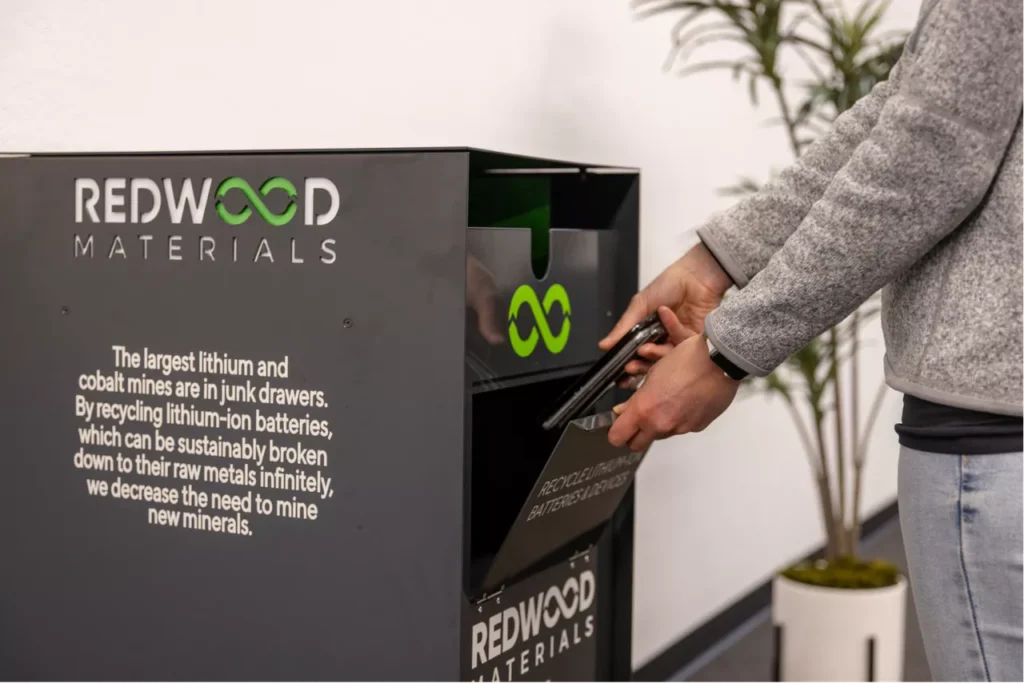
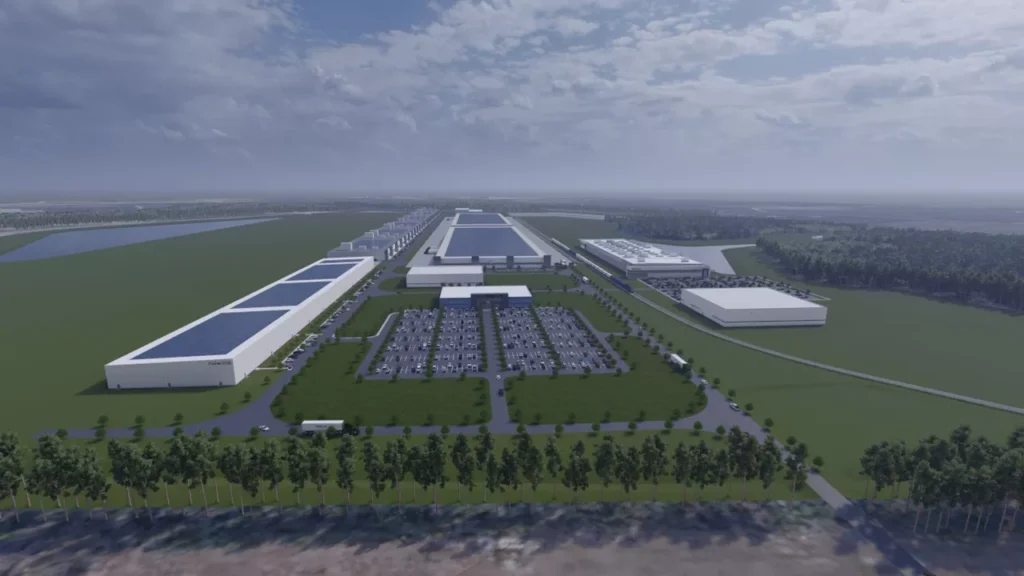
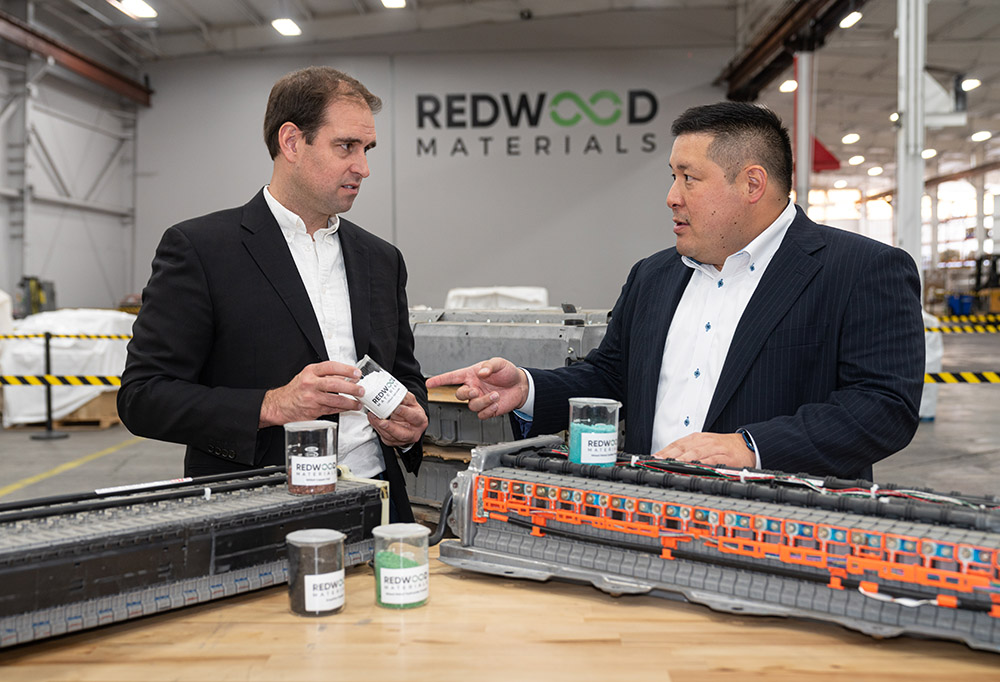
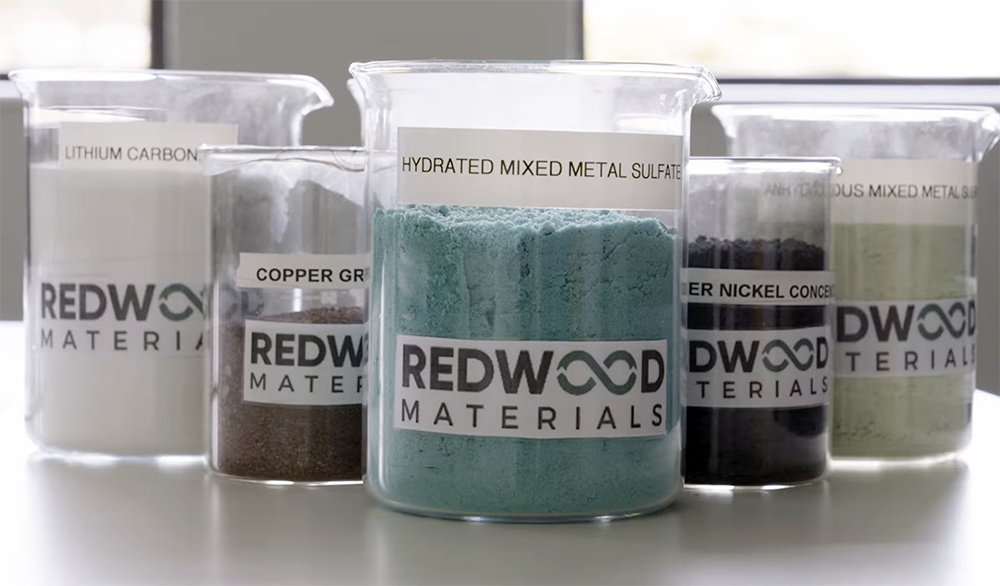
Redwood will use the DOE’s 2 billion big ones to accelerate the construction and expansion of its battery materials campus, where the company aims to produce 100 GWh per year of ultra-thin battery-grade copper foil and cathode active materials from both new and recycled feedstocks—enough battery materials to produce more than a million EVs per year from US-made components.
“We have been working closely with the Loan Programs Office for more than a year, and have undergone an extensive diligence process that thoroughly reviewed our technology, our ability to repay the loan, product demand, and dozens of other factors to get to this stage,” says Redwood. “Our project allows battery and automotive manufacturers to meet the new stringent critical mineral and battery component requirements [of] the Inflation Reduction Act. These policies support the localization of the battery supply chain—Redwood’s core mission—and our operations ensure that the American battery industry has the necessary materials needed to successfully transition the US to a clean energy and clean transportation future.”
Source: Redwood Materials
from Charged EVs https://ift.tt/JCl914g
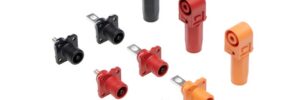

No comments:
Post a Comment